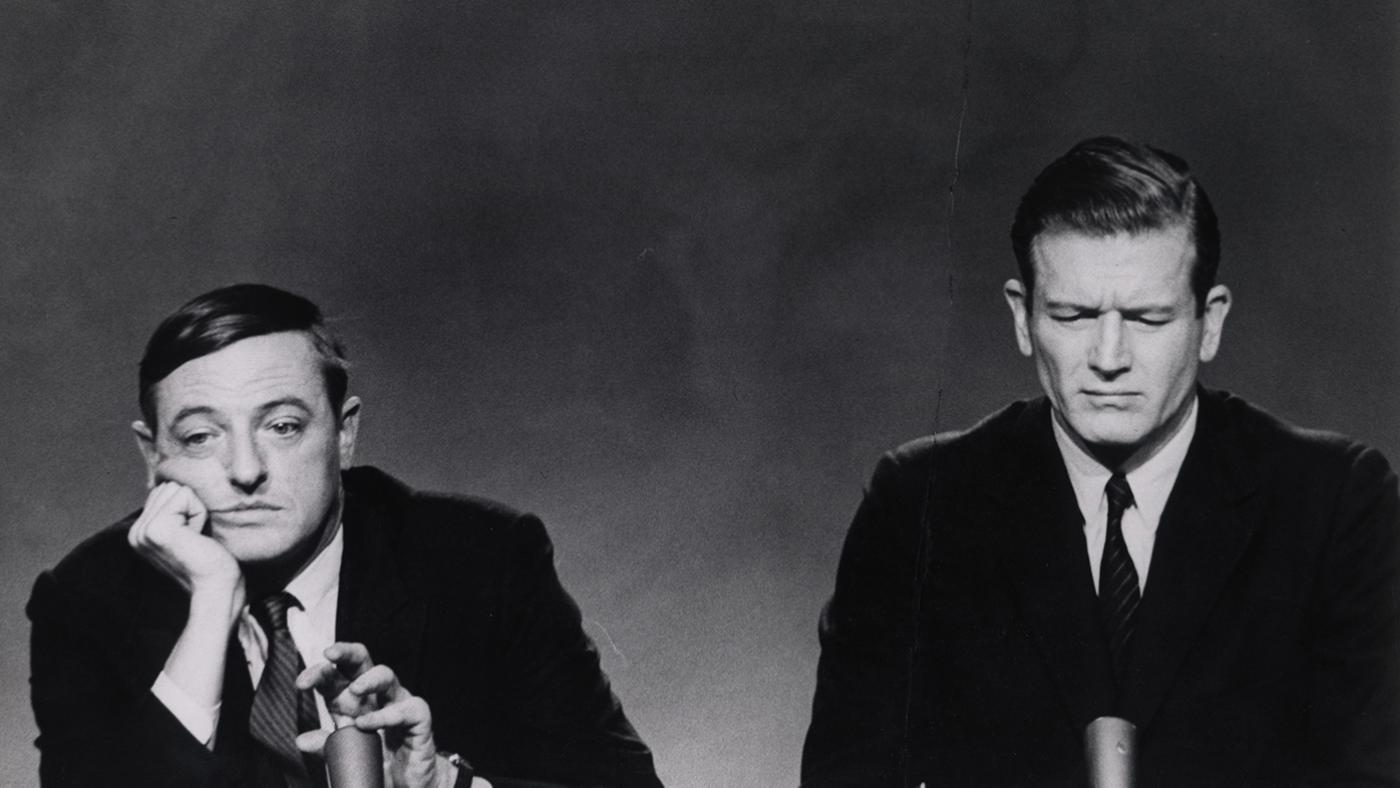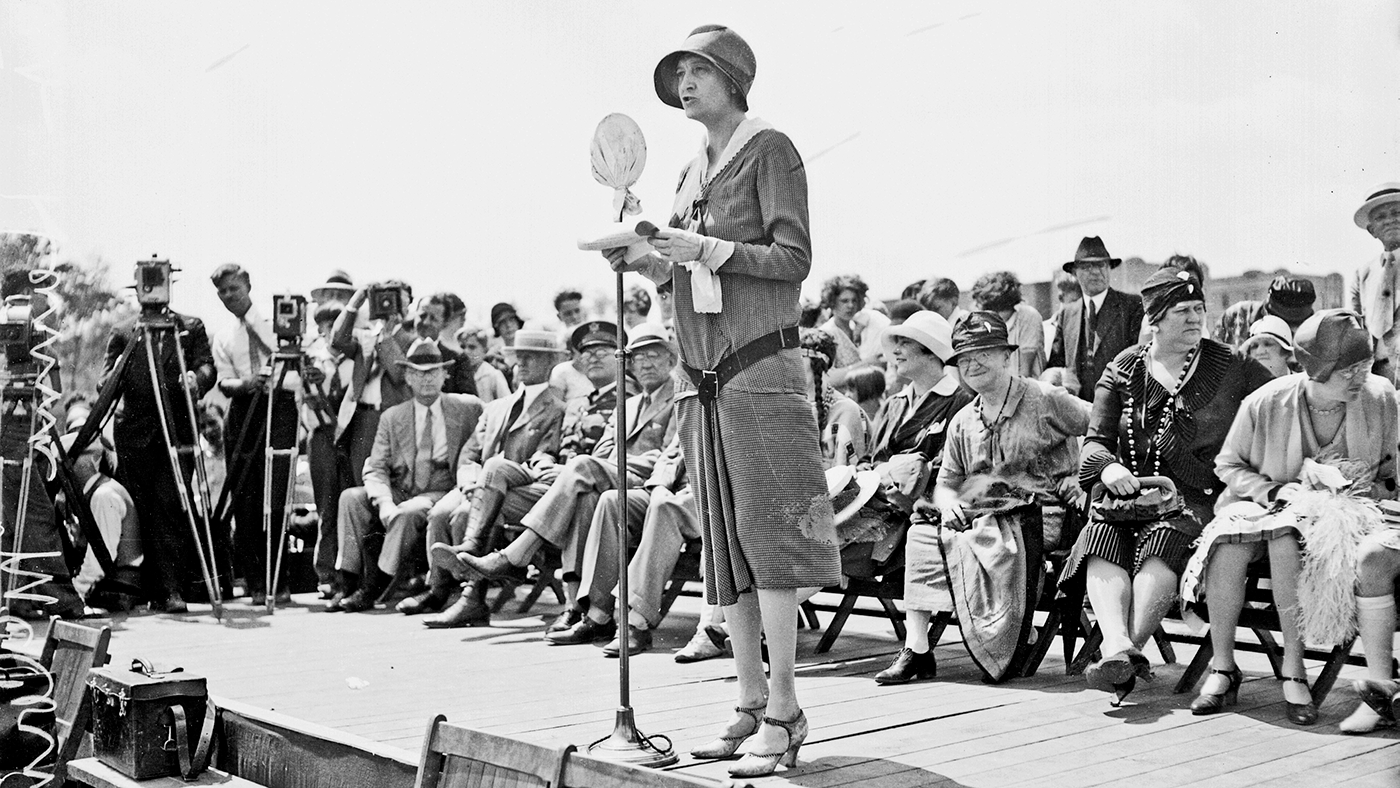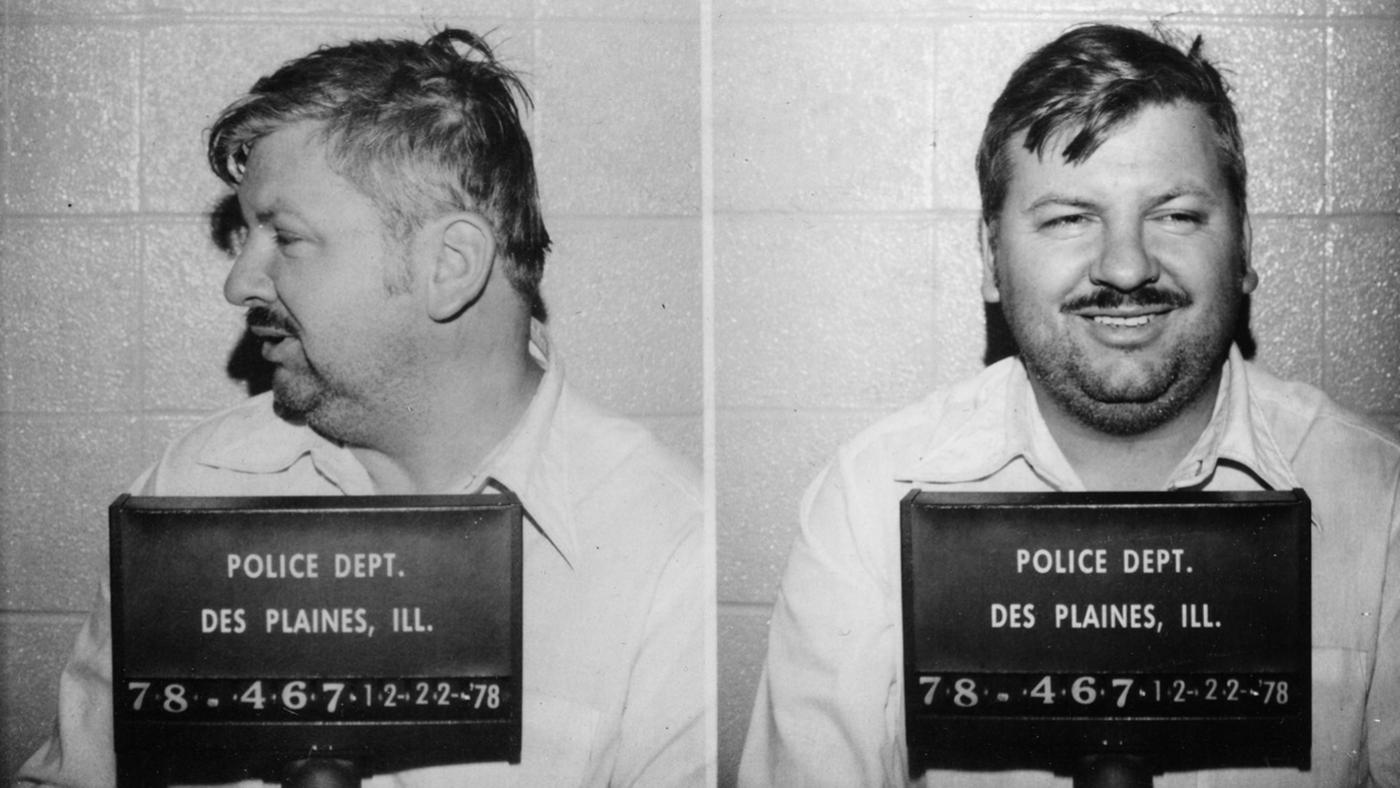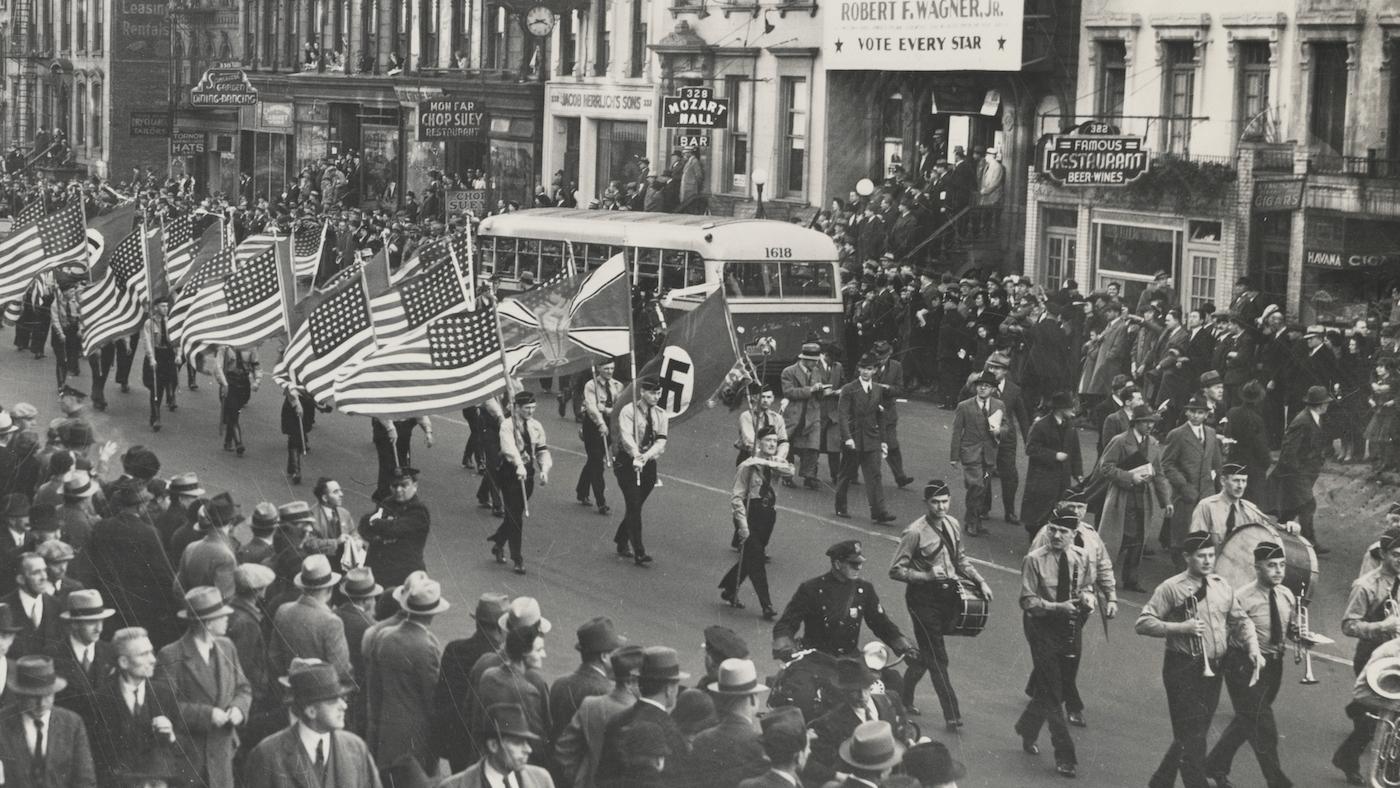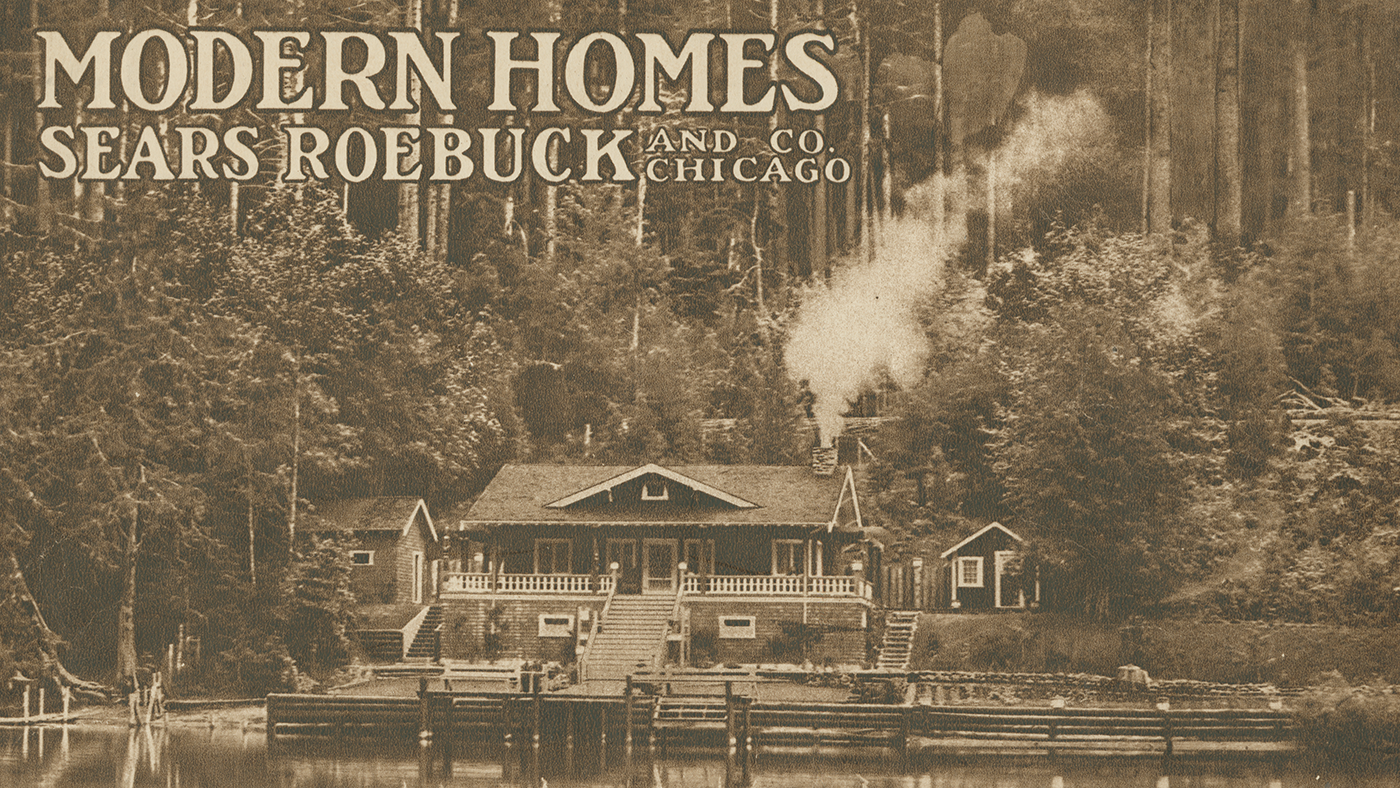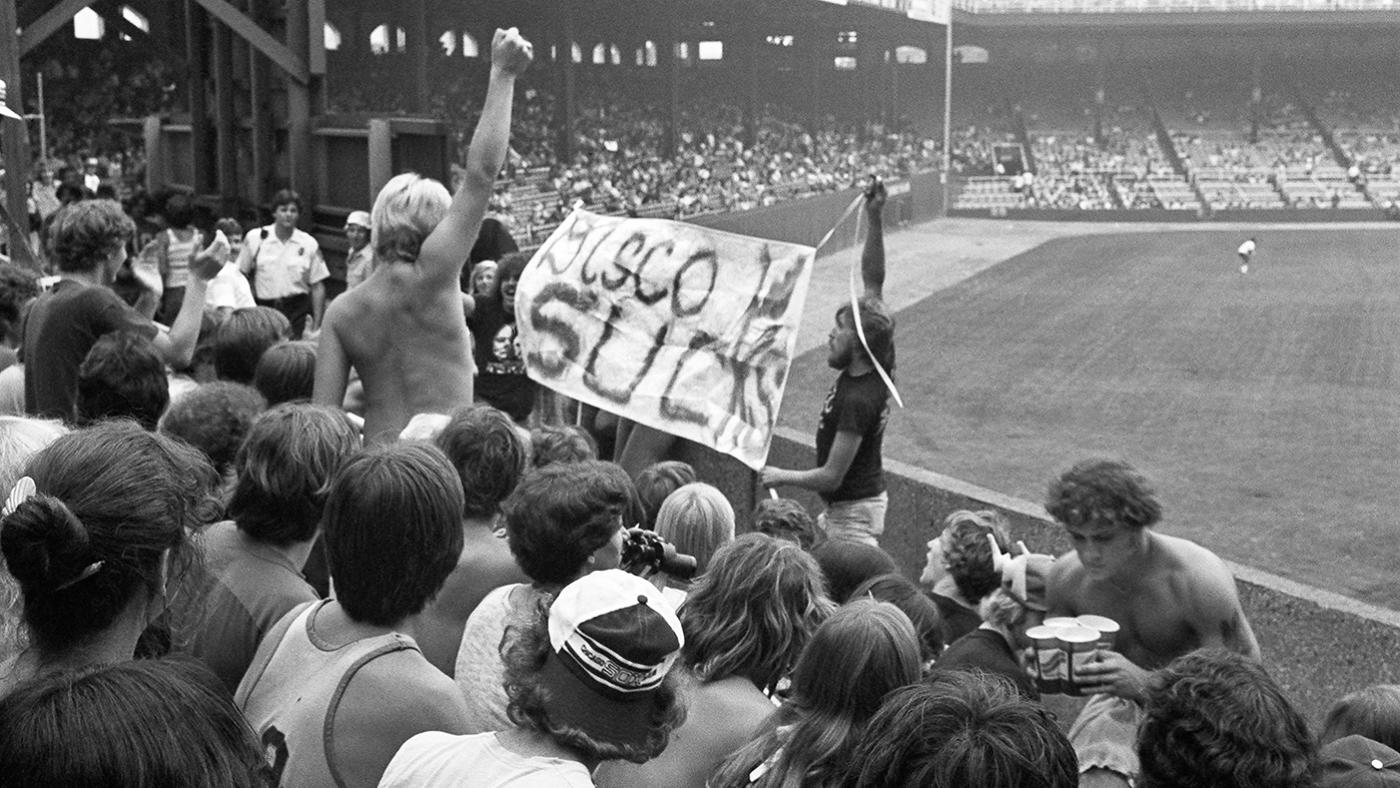My Neighborhood: Pilsen
Daniel Hautzinger
April 6, 2017
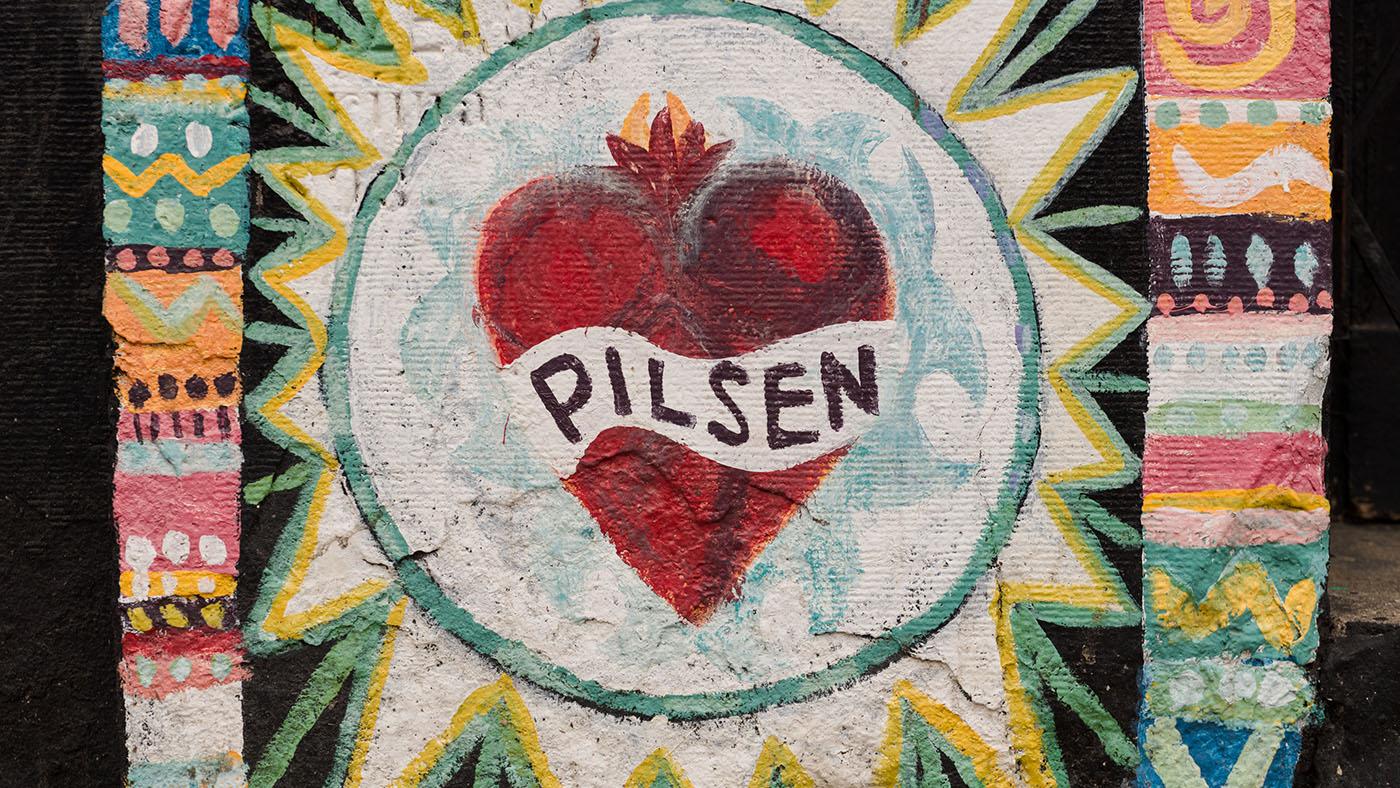
“I believe if you connect people deeply enough to the experiences of others, they will have the opportunity to discover in themselves their potential to create change.” This hopeful conviction was a guiding principle for producer and writer Daniel Andries as he was working on WTTW’s new documentary My Neighborhood: Pilsen, which airs Thursday, April 27 at 7:00 pm, and the sentiment serves equally well as a mission statement for the entire My Neighborhood project.
Through the show and a town hall event, a website, and community engagement activities and events, WTTW’s My Neighborhood: Pilsen initiative will tell the stories of how the residents of one Chicago neighborhood transformed their community from the inside out, with the hope that their stories will reveal to other people their own “potential to create change.”
“The show is aimed at people who look around their community and say, ‘How can we help each other?’” Andries says. It explores how the residents of Pilsen have fought to improve their neighborhood by telling the stories of those people in their own words – there is no narrator, and dual captions ensure that both Spanish and English speakers can follow along, as Pilsen is a predominantly Latino neighborhood. Jackie Serrato, a community journalist and assistant producer of the documentary, ensured a connection to the neighborhood. "She was a godsend, and we could not have made the piece we did, or found the connections to people that we finally did, without her participation," Andries says.
“You want to meet people, not programs or success metrics or data,” explains Andries. Therefore, the documentary focuses on a few extraordinary figures – a healthcare worker who mentors teens, the owner of a café that serves as a neighborhood gathering spot, a community organizer, and others – who are integral to their thriving community.
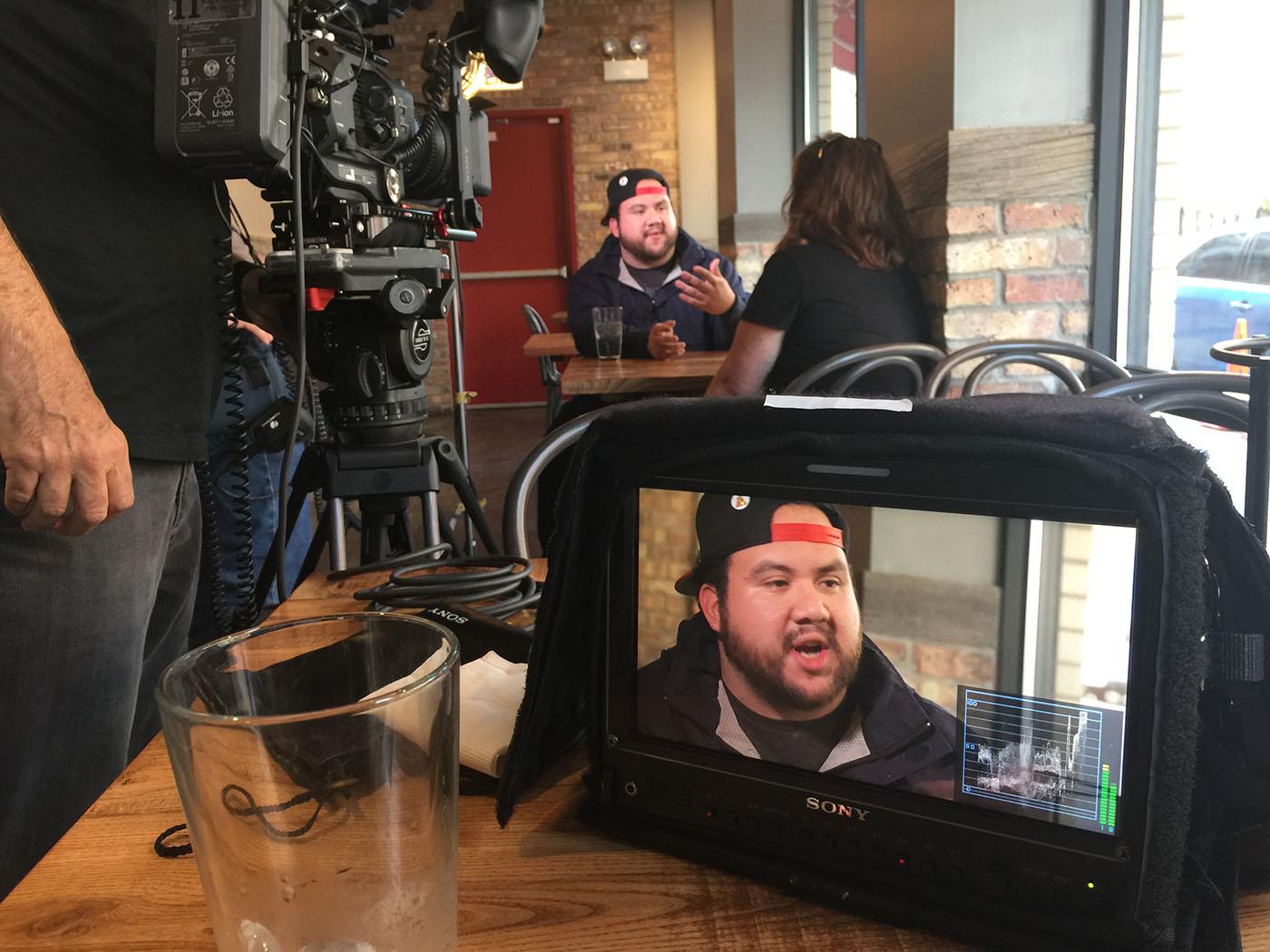
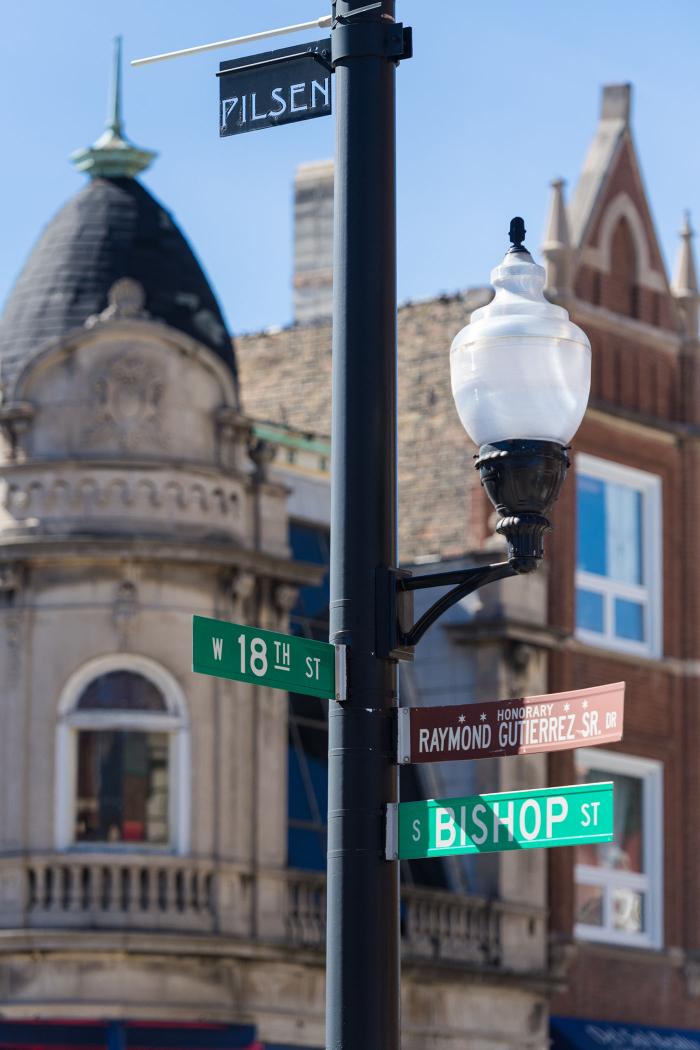 Photo: Ken CarlBut an hour-long program can only cover so much ground. “I envisioned the documentary as an invitation to enter into the larger sphere of what we’re trying to do with this project,” Andries says.
Photo: Ken CarlBut an hour-long program can only cover so much ground. “I envisioned the documentary as an invitation to enter into the larger sphere of what we’re trying to do with this project,” Andries says.
“The website will provide more context and delves deeper into the ways people have fought to improve Pilsen, and will tell the stories of how they did it,” digital content producer Jessica Pupovac explains. The site features a history of the neighborhood, profiles of people who have made change, theme-based explorations of the challenges communities face, web-exclusive video shorts, and links to community resources and organizations that have supported Pilsen’s transformation over the years. Of course, visitors will also be able to watch the documentary and the town hall on the site.
The website will also host videos by Chicago Public Schools (CPS) students, selected as part of a special My Neighborhood: Pilsen youth film festival in May – the culmination of an eight-week video production workshop created in partnership with CPS and buildOn. The students are in the process of creating short documentaries about their neighborhoods.
Screenings and discussions of the documentary will be held in Chicago neighborhoods over the coming months, beginning with the 5:30 pm premiere screening on Thursday, April 20 at Pilsen’s Benito Juarez Community Academy. A week later, on April 27, a town hall event presented in partnership with Univision Chicago accompanies the premiere broadcast and live stream of the documentary.
“We have such a powerful documentary, where Pilsen is telling their story in their own words, and we thought that doing this kind of deep dive into a community deserved more of a footprint. So we organized the two-hour town hall broadcast and live stream event,” executive producer Dan Soles says.
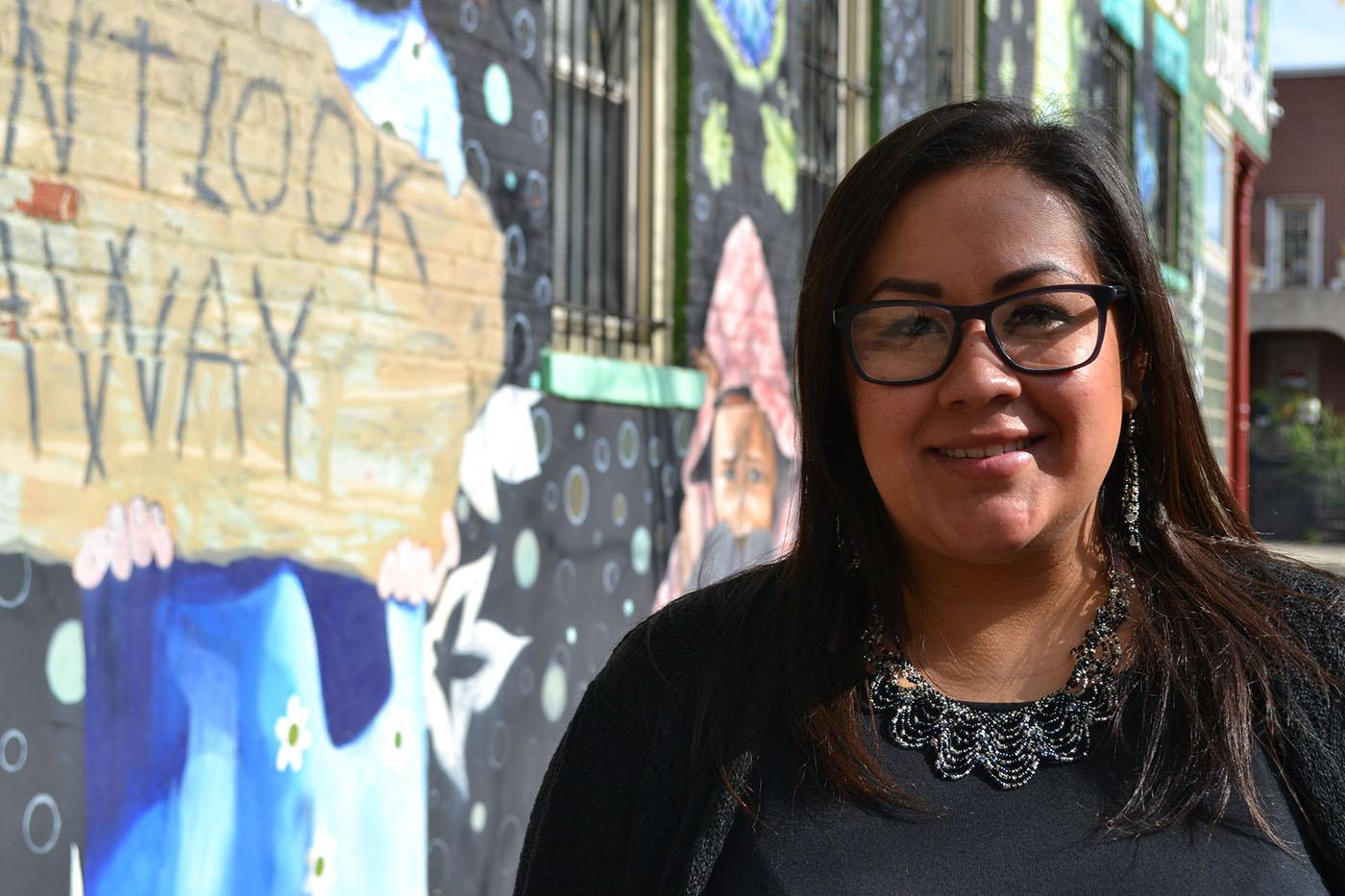
“The documentary starts the conversation, and the town hall is designed to keep it going in our studio with guests and panelists from the community,” says Soles. “In the end, this project is about the community, and the people who live there: their voices, their dreams, their stories, and their success.”

